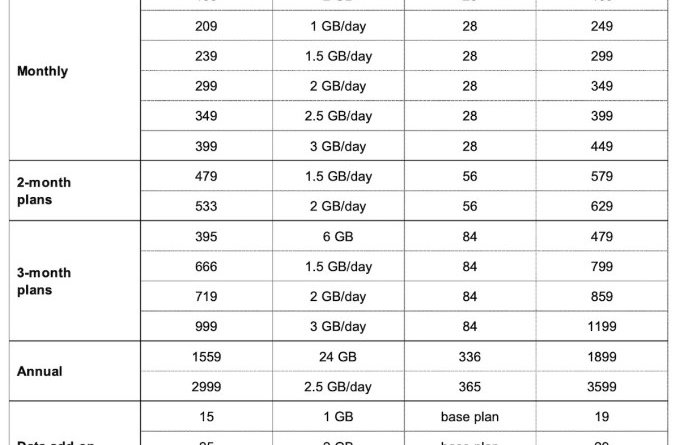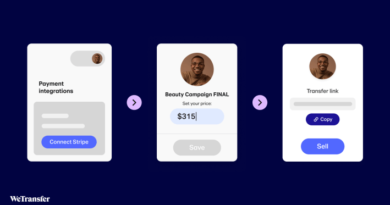Reliance Jio, Airtel kick off Indian telecom price hike
Reliance Jio and Airtel, the two largest telecom operators in India, have initiated what analysts expect to be an industrywide increase in tariffs in the world’s second largest wireless market, raising some of its plans by about 20%.
Jio’s revised pricing structure, effective July 3, sees its entry-level Rs 155 ($1.87) plan, offering 2GB of data and unlimited calls, increase to Rs 189. Similarly, a plan providing 1GB of daily data usage will rise from Rs 209 to Rs 249. Jio is raising prices of its two-month, three-month, annual, postpaid and data add-on plans as well.
Airtel announced a 10-20% tariff hikes across its popular plans on Friday and said it welcomed Jio’s move. Airtel said it continues to believe that average revenue per user in India needs to be upwards of Rs 300 ($3.6) to “enable a financially healthy business model for Telcos in India.” (Airtel’s price hike will also go into effect from July 3. Its current ARPU is about Rs 210.)
Jio, a subsidiary of the Indian conglomerate Reliance Industries, disrupted India’s wireless market last decade with its extremely affordable cellular plans. The move compelled established competitors to significantly reduce their own prices.
Akash Ambani, chairman of Reliance Jio, said in a statement Thursday that the move is a “step in the direction of furthering industry innovation and driving sustainable growth through investments in 5G and AI technology.”
It’s worth remembering that even after the price hikes, Jio’s offering is among the world’s most affordable. Additionally, Jio said today it will offer customers “unlimited 5G data” if they subscribe to any plan that previously offered usage of 2GB per day or more.

Reliance, Bharti Airtel, Vodafone Idea and BSNL-MTNL dominate the Indian wireless market. Jio commanded more than 40% of the market as of April, with its nearest rival, Airtel, at 33.1%.
Analysts have been forecasting a significant shift in the industry’s pricing strategy for months. The consensus view projected an increase of 15-25%, a move seen as crucial for stabilizing and growing average revenue per user.
The price hike will underscore the sector’s transition from a focus on market share acquisition to sustained monetization, analysts said, coming as operators near the completion of their 5G coverage rollouts. Indian telecom operators spent more than $20 billion in buying 5G airwaves alone. They have been scrambling to find ways to make more money. Last year, they proposed that tech firms pay the telecom companies for network usage.
Goldman Sachs said in a research note Friday that it expects Reliance Jio to hike tariffs one more time in the next two years.
“We believe Jio announcing the tariff hikes first will likely be viewed positively by the market as this could signal a benign competitive environment,” Goldman Sachs said in a research note Friday.
“Post this tariff hike, and assuming continued organic ARPU growth, we expect Bharti’s ARPU to settle close to Rs250; we note that the company’s stated stance has been of Rs300 ARPU in the foreseeable future, suggesting to us the likelihood of another tariff hike in the next 1-2 years.”
Indian consumers are likely to accept the price increases because, as Bank of America eloquently put it, there’s “a lack of alternatives/improving stickiness of data offerings.”
The story was updated to add Airtel’s price hike on Friday.




